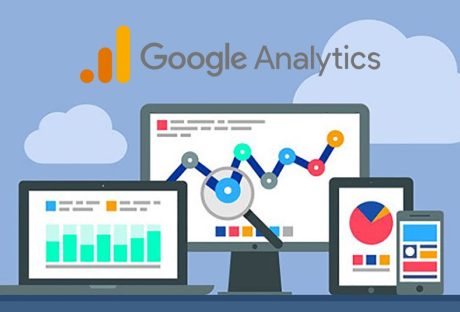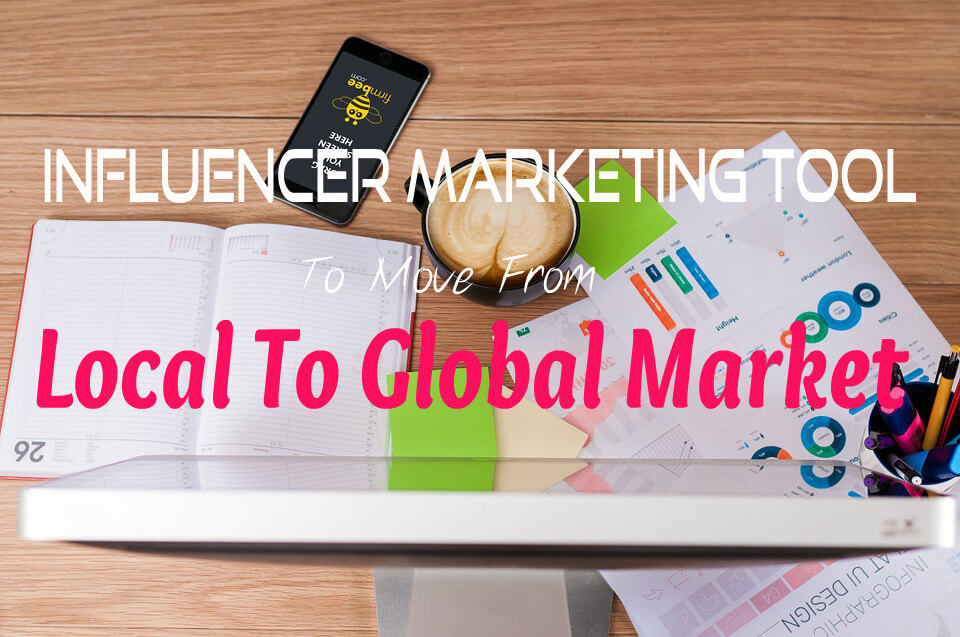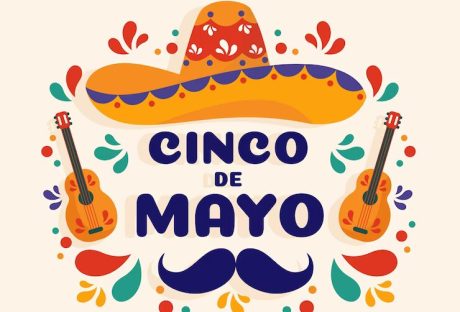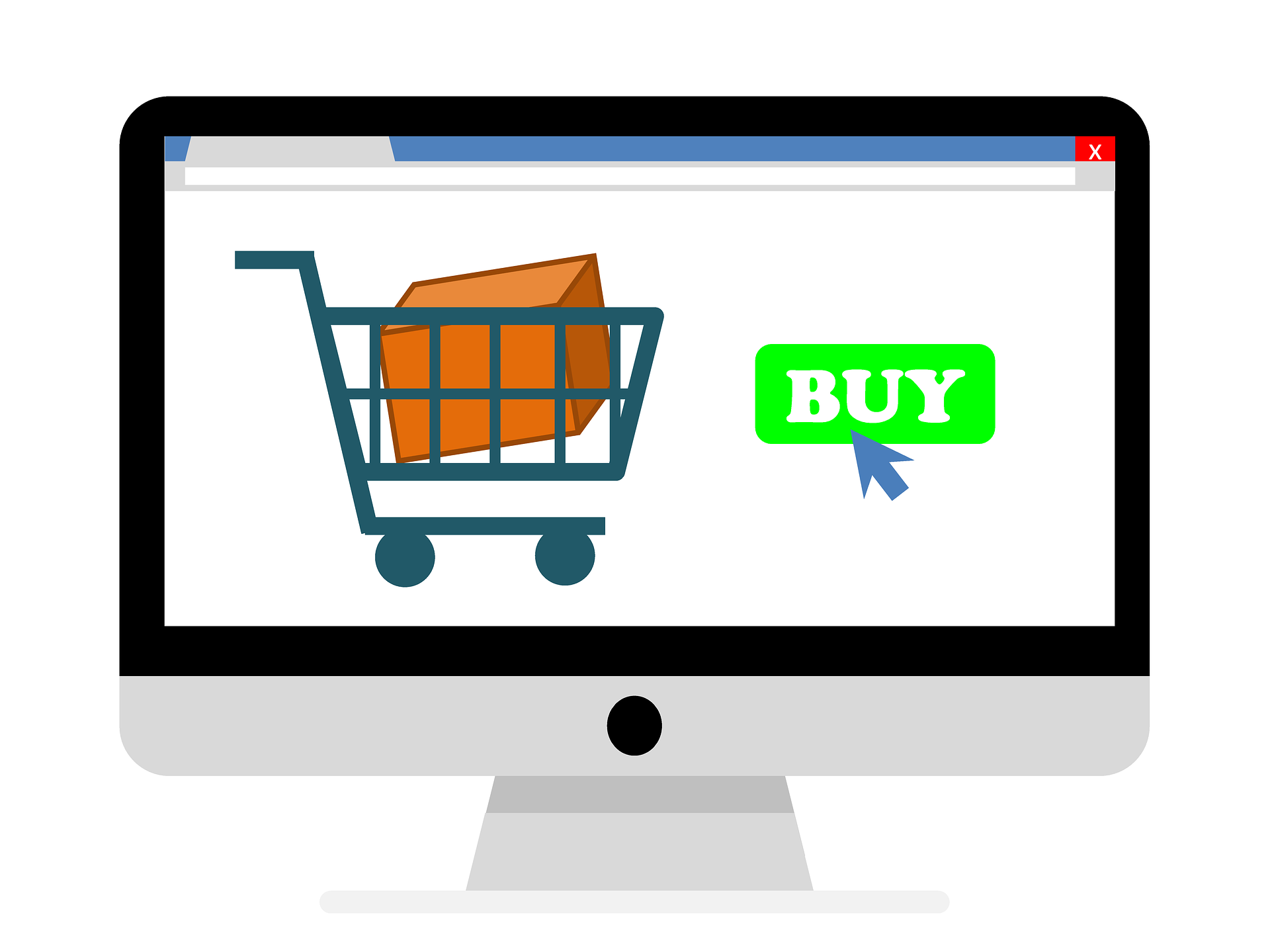Content marketing is the backbone of online advertising. It involves creating and publishing materials like blog posts, videos and images online to attract target audiences and encourage them to remain connected with a particular brand. For that reason, it has become indispensable to companies looking to grow and succeed.
Recently, it has been evolving at an unprecedented rate. Many tactics or strategies that have been effective in the past may not achieve the same results in an ever-changing sector like this one. Firms are now teaming up with experts in life science content marketing to stay on track.
For your company to stay ahead of its competition, it’s important to keep up with the latest trend in 2022.
Here’s a breakdown of the most significant ones:
Top 7 Trends Of The Content Marketing Industry In 2022

1. The Rise Of Influencer Marketing
Influencer marketing remains one of the most lucrative forms of promotion to this day. All signs indicate that it will probably stay that way in the foreseeable future.
It’s the practice of partnering with social media personalities, celebrities, or bloggers to generate interest in your brand. These people usually have millions of followers on various social media channels. When you get them to share your content with their own audiences, you tap into a market that sustains itself organically. In the right circumstances, this should provide you with numerous opportunities for conversion.
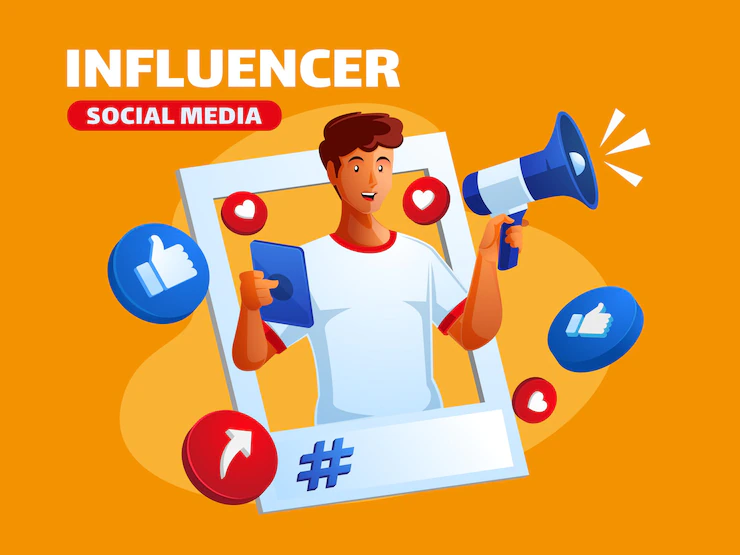
But it takes more than just reaching out to a popular personality to get results. The trick with influencer marketing is finding someone who can actually help you connect with your target market.
Businesses should do research to figure out what they’re going for by working with an influencer. The ideal one matches your marketing voice and tone and can reliably encourage their audiences to consider what you offer.
2. The Popularization and Optimization Of Voice Searches
Since the beginning, business websites came with search bars to help users find specific information with ease. From there, user interface designers have tried and tested a variety of methods to improve the “type and click” format. The latest, and currently most popular, is voice search.
This method of query input works much like a search bar. The difference is that, instead of typing keywords, users only have to speak into a microphone to issue commands or look up information. It removes a layer of effort needed to utilize a website’s or app’s functions.
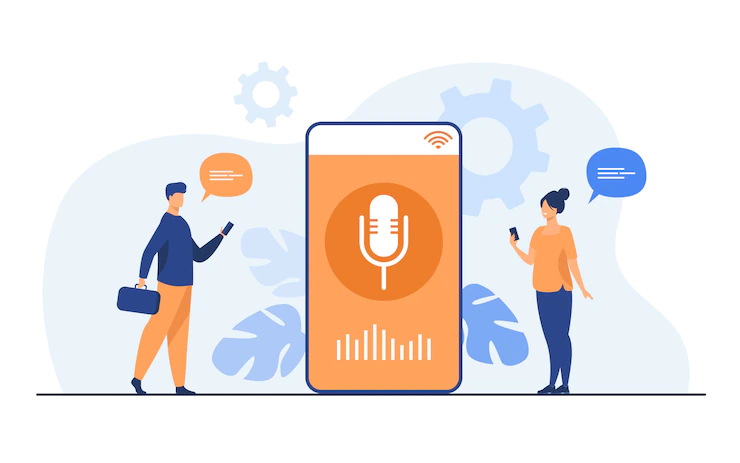
The use of voice search technology boomed for various reasons. For the most part, consumers saw it as a way to save time. All they have to do is speak to their devices to accomplish tasks. Furthermore, they can do it while driving, walking, or doing something else.
The growing concern for accessibility also drove the popularization and optimization of voice search capabilities. Persons with physical or neurological disabilities can rely on it to access the same functions others use daily, allowing them to participate in an environment increasingly shaped by digital technology.
3. The Continuing Power Of Social Media Content
The number of people using various social media platforms continues to grow by the day. There’s simply no going around the need to use them to produce a working online marketing strategy.
One of the reasons why social media remains popular as a marketing method is that it allows businesses to connect with vast audiences beyond the limits of time and space. Their data-gathering capabilities also provide businesses with real-time insights into client behavior.

Even though certain social media platforms have dominated the field, that has not stopped innovators from creating more. And yet, not every channel may be suitable for your business. For that reason, if you decide to create dedicated social media accounts for your business, you need to select the right platform.
Currently popular platforms have subtle differences in the way they can further your marketing. Ideally, you should work with one that your target market frequents regularly while also offering content formats you can reliably use. Striking this balance is necessary to sustain your strategy in the long term.
4. The Domination Of Artificial Intelligence
Artificial intelligence (AI) is another trend that holds strong in 2022. Business owners have long used it to streamline various operations, and promotional work is no exception.
For instance, by leveraging the power of AI, one can continuously collect data on consumer behavior. Using that, companies can design buyer personas that help them customize their marketing efforts better.

Since AI can automate marketing processes and eliminate repetitive tasks, they are a useful investment for furthering your marketing operations. They also help you maximize the use of resources, aiding your efforts for business sustainability.
5. The Constant Need to Optimize Old Content
Although publishing content online can be a game-changer to the success of a business, creating them requires a lot of work and time. For that reason, most businesses turn to an updating strategy. They work to optimize old content to better fit the current needs of their target market.

Besides saving time and money, updating old content has many other advantages. For instance, it provides them with a regular base from which they can catch up to the latest search engine optimization (SEO) trends. If you don’t have a dedicated team for your online promotion efforts, this is a viable strategy you can use to generate engagement.
6. Video As The Reigning Format of Content
The rise of video-centric platforms is a testament to the continuing power of video as a format.
There are many reasons why most markets concentrate on videos more than other types of content nowadays. First of all, search engines love videos. Humans rely mostly on a vision for perception. So, formats that capitalize on visuals tend to rank high in search engine results pages.

Videos also offer more in the way of convenience than plain images and text, combining both sounds and visuals to get messages across. Your business should consider utilizing it more in your promotional material if you need to engage your audience.
7. Search Engine Optimization
Search engine optimization (SEO) is still part of the current arsenal of content production among businesses. It’s not enough for a brand to produce content that aims to address its clients’ needs without making it easy for them to access. Such is the importance of SEO in achieving marketing milestones.
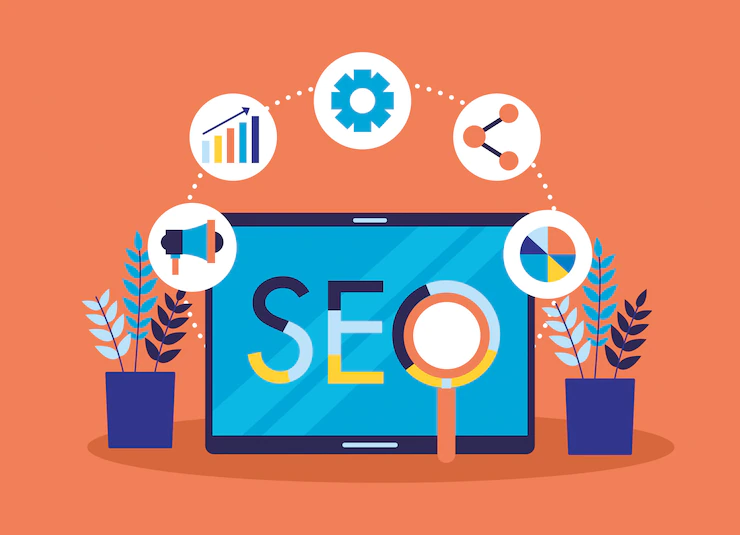
There are various methods to utilize SEO. As always, the key to its successful use is finding a specific strategy that gets you the results you want.
Are You Keeping Up?
Undoubtedly, content marketing will remain necessary in the future as digital technology continues to shape our world. By no means is this an invitation to try and implement every single trend. It only serves as a roadmap for firms like yours to find their own way to achieve success. Find what works for you to stay ahead of the competition.
Additionals:















